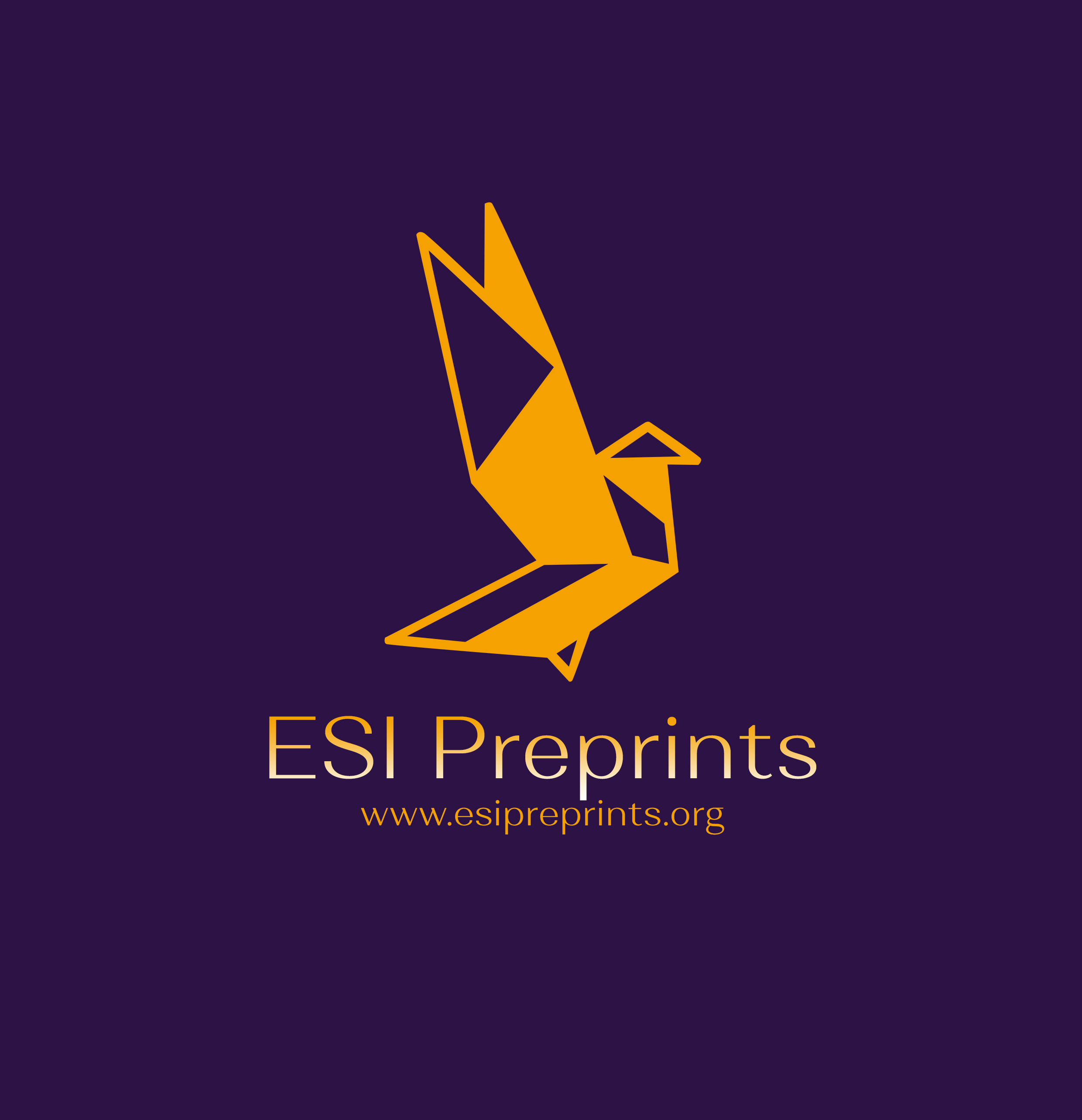The Impact of Aligning Kolb’s Experiential Learning Theory with a Comprehensive Teacher Education Model on Preservice Teachers’ Attitudes and Teaching Practice
Abstract
Since its inception, experiential learning has been a foundational tenant of teacher education. However, it is questionable as to the level of authentic experiential learning practices that are actually taking place. This paper presents one approach to addressing this situation, based on Kolb’s Experiential Learning Theory Model. As such, this exploratory manuscript examines Kolb’s Experiential Learning Cycle (ELC) further, and considers the implications for Experiential Learning Theory (ELT) in teacher education. A description of teacher education program in the CRMEF (Centre Régional des Métiers de l’Education et de la Formation) is provided, then results from a quantitative and qualitative survey are triangulated with teacher trainees’ reflection journals to evaluate the training program in terms of the teacher trainees’ developing confidence and competence in teaching. Therefore, the present research will explore the implementation of this approach for teacher education in the CRMEF. Results indicate that the great majority of the participants have developed both their confidence to teach using this approach, thus, changing their perceptions and attitudes towards the teaching of English language. Specific learning experiences that help affect their sense of confidence and competence in teaching include in-person, experiential and hands-on approaches to learning relevant skills and knowledge, which confirms the importance of using Kolb’s ELC as the basis for teacher education program. The study recommends that teacher educators enhance their programs by providing instruction to pre-service teachers in authentic experiential learning pedagogy. Therefore, a comprehensive model for teacher education is suggested to demonstrate the role of experiential learning.
Downloads
References
2. Conrad, D., & Hedin, D. (1990). Learning from service. In J.C. Kendall and associates (Eds.), Combining service and learning: A Resource book for community and public service. Vol1. Raleigh, N.C: National Society for internships and experimental education.
3. Conway, C. (2002), Perceptions of beginning teachers, their mentors and administrators regarding pre-service music teacher preparation. Journal of research in music education, 50(1), 20-36.
4. Dewey, John (1938). Experience and education. New York, NY: Kappa Delta Pi. ISBN 978-0-684-83828-1
5. Kolb, D. A. (1984). Experiential learning: Experience as the source of learning and development. Upper Saddle River, NJ: Prentice Hall
6. Kolb, D.A., & Lewis, L.H. (1986). Facilitating experiential learning: Observations and reflections. In L. H. Lewis (Ed.), Experiential and simulation techniques for teaching adults (pp. 99-107). San Francisco: Jossey-Bass.
7. Freire, P (September 2000). Pedagogy of the oppressed (30th anniversary ed.). New York: Bloomsbury. p. 16. ISBN 9780826412768. OCLC 43929806.
8. ITQANE Project, (2009-2012). Improving training for quality advancement in national education. Retrieved from http://www.projetitqane.ma/E-learning platformhttp://itqane.aui.ma/
9. Lahchimi, M. (2015). La reforme de la formation des enseignants au Maroc. Revue internationale d’éducation de Sèvres. Retrieved from: https://doi.org/10.4000/ries.4402
10. Le Chef du gouvernement, la Loi-Cadre N°51.17 relative au système d’éducation, de formation et de recherche scientifique, Journal officiel, n° 6944, 17 décembre 2020.
11. Liddell, D. L., Hubbard, S., & Warner R. (2000). Developing institutions that focus on learning. In D. Liddell & J. Lund (Eds.), New directions for student services. Powerful programming for student learning: Approaches that make a difference. No. 90, p. 21-33. San Francisco: Jossey-Bass.
12. Meiners, J., Schiller, W., & Orchard, J. (2004). Children and the arts: Developing educational partnerships between preschool, school and tertiary sectors. Journal of In-service Education (30), 3, 463-476.
13. Mezirow, J. (September 01, 1981). A Critical theory of adult learning and education. Adult education quarterly. 32 (1): 3–24. doi:10.1177/074171368103200101. ISSN 0741-7136. S2CID 145279628.
14. Mezirow, J. (1991). Transformative dimensions of adult learning. San Francisco, CA: Jossey-Bass.
15. Mezirow, J. (1995). Transformation theory of adult learning. In M.R. Welton (Ed.), Defense of the lifeworld, pp. 39–70. New York: SUNY Press.
16. Mezirow, J (1997). Transformative learning: Theory to practice. New directions for adult and continuing education (74): 5–12. doi:10.1002/ace.7401.
17. Mezirow, J. (2000). Learning as transformation: Critical perspectives on a theory in progress. San Francisco: Jossey Bass.
18. Ministère de l’Education nationale, (1991), « Charte Nationale de l’Education et de la formation. Espace IV : Ressources humaines », Mesure 136, pp. 55-56.
19. Ministère de l’Éducation Nationale, de l’Enseignement Supérieur et de la Recherche Scientifique. (2009). Plan d’urgence de la réforme du système éducatif marocain. Rabat, MA: MENESRS.
20. Ministère de L’éducation Nationale. (2011). Document cadre du nouveau dispositif de formation aux CRMEF. Rabat, MA: MEN.
21. Ouasri, A. (2019). La Formation des enseignants des sciences au Maroc : Historique, état des lieux et perspectives. Educational Journal of the University of Patras UNESCO Chair. Retrieved from: https://doi.org/10.26220/une.2947
22. Schön, D. A. (1995). Knowing-in-action: The New scholarship requires a new epistemology. change, 27(6), 27-34. Retrieved from: https://doi.org/10.1080/00091383.1995.10544673
Copyright (c) 2024 Karima Mechouat

This work is licensed under a Creative Commons Attribution 4.0 International License.








